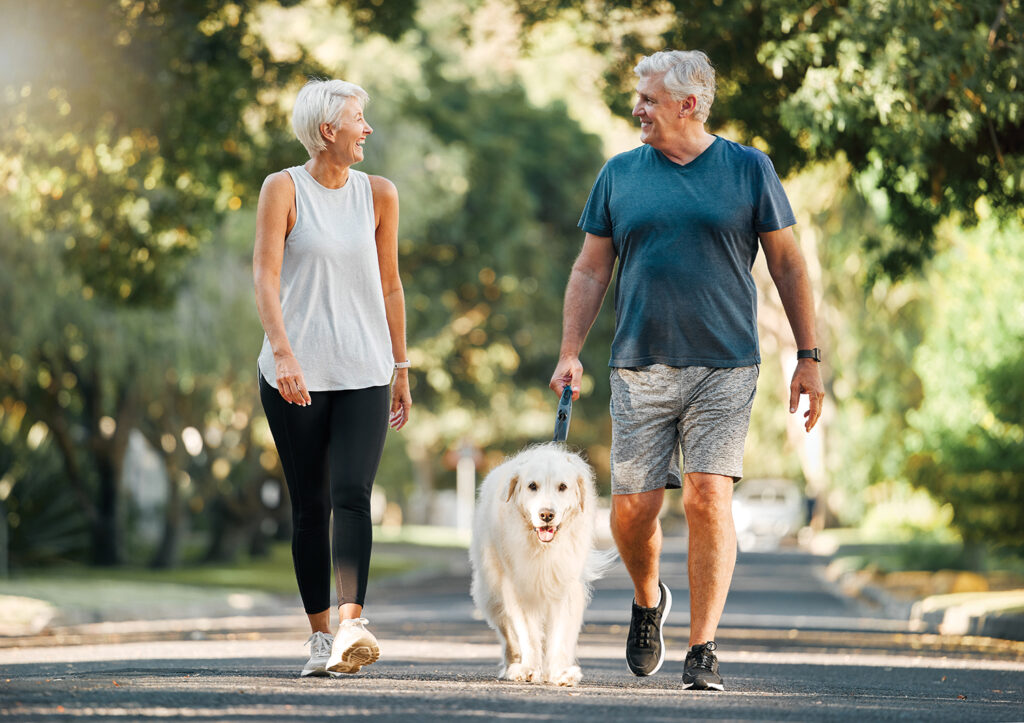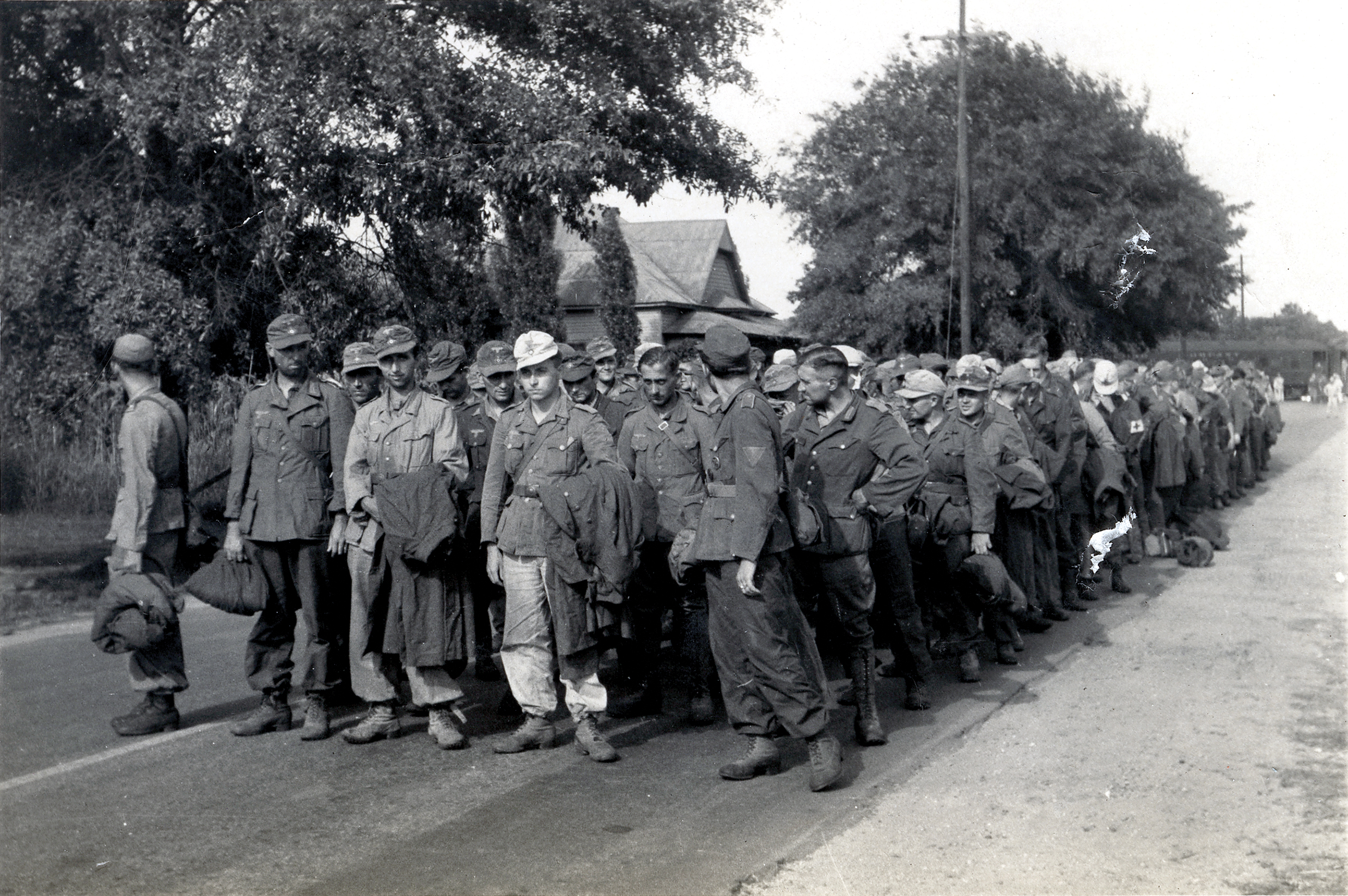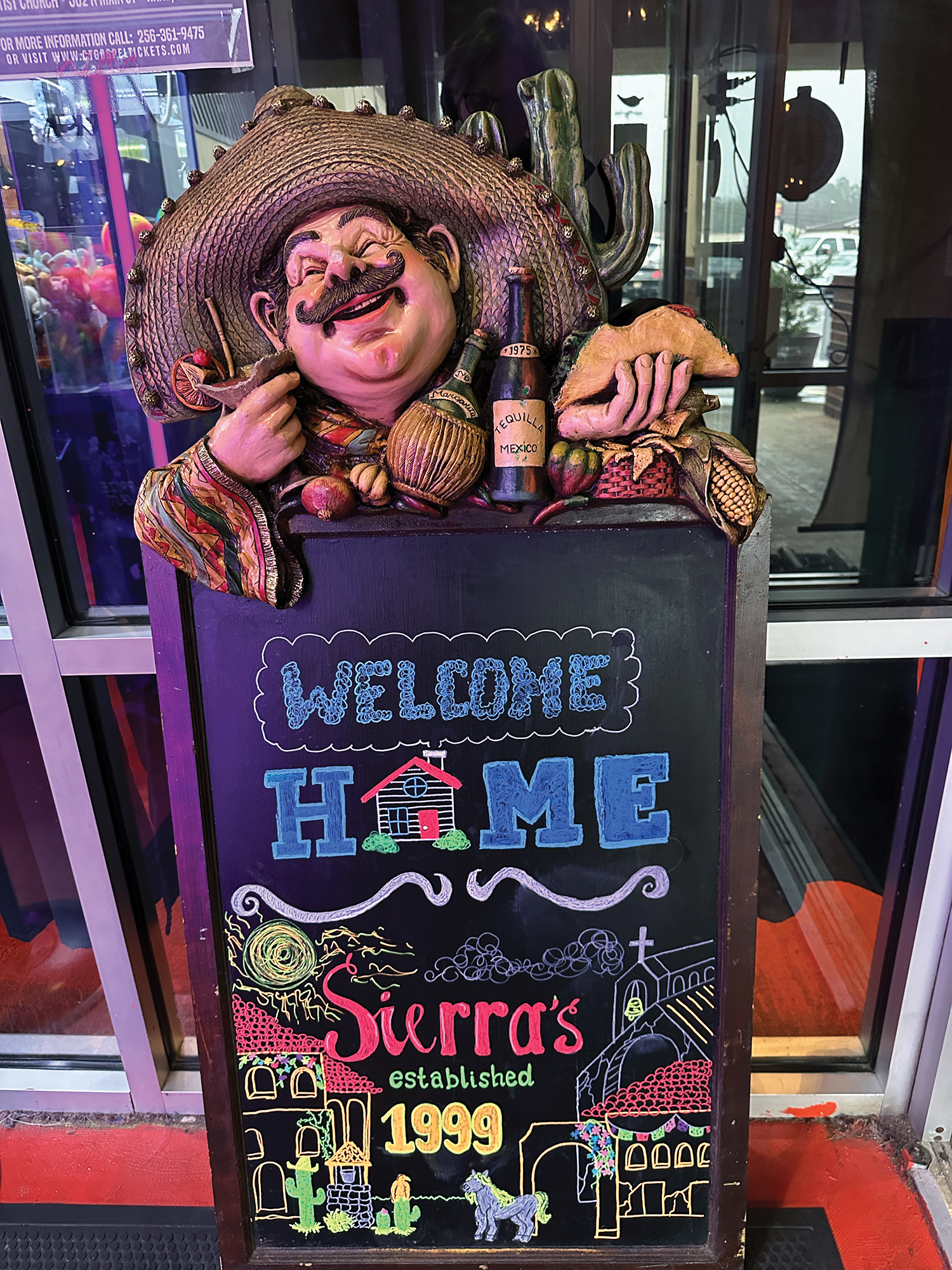At 4 months, you were cute. At 6 months, you ate most of my shoes. At 1 year, you were getting big. At 2 years, you were hyper. At 4 years, we were best friends. At 9 years, we were inseparable. At 14 years, I wish I could do it all over again.
– Anonymous
A lot of folks got Christmas puppies. Many of these were well-thought-out, well-researched, and well-planned, but many others were just “cute” gifts. We sincerely hope that all these puppies have a fantastic home where they will have a glorious life and live happily until a ripe old age. We have written many articles on puppy care, but this time we will concentrate on care for senior dogs.
Getting a puppy is a lifelong commitment (at least it should be). Like all relationships, the initial cuteness and glamour wear off; the intense sensation of love becomes duty and choice. Now, these all sound simply logical, but that’s not how it always goes. If you talk to shelter caretakers, you are bound to hear stories about folks who adopt (or buy) a puppy and then return it when the puppy is fully grown. It will be very safe to say that if you are reading this, you are NOT one of those folks.
Now to the topic at hand. The puppy you adopted (or bought) many years ago has gone through many happy playful years with you and is now slowing down. Let’s look at caring for them in their older years.
Before we start with the details, at what point do we consider them senior? It depends. It may be later for a lab and earlier for a great Dane. However, the veterinary community agrees age 7 is the line.

Comfort matters
- Cushy (not too deep) bedding: Be sure to turn the bed frequently so that it does not get crushed or lopsided.
- Friction surface: Many people nowadays have hard-surface floors. As dogs age, it becomes a little harder for them to keep their legs underfoot. Carefully and tastefully placed area rugs make their life easier.
- Massage: Muscles start to feel tighter and stiff as low-grade arthritis sets in. Pelvic tightness is common in older dogs. You can ask your vet to show you how to massage the muscles, or there are plenty of YouTube videos. Just make sure that your pup is enjoying them and not being hurt.
- Now and then indulge them with special meals: Almost all the people I talked to choose to give their dogs some form of meat to show love. I prefer veggies like carrots, broccoli stems, cauliflower, apples, pears, berries, etc. They get healthy fibers and numerous beneficial phytonutrients. On a side note, if you are thinking of fish oil, why not consider sardines? Many dogs may enjoy it a lot more. In our non-vegetarian days, we used to open up a can of sardines and eat them on crackers, and all the puppies and kitties used to get pieces based on their body sizes.
- Keep an eye on their weight, and make sure they get regular exercise. It might not be the energetic romps they used to have, but even a leisurely stroll can do wonders for their health.
Symptoms to look out for
Each of the following symptoms could mean many things, and there is not enough space to detail them. Here is a basic list.
- Excessive tiredness
- Coughing that seems to get more frequent with time
- Excessive thirst
- Panting: Sometimes they pant more during nighttime. “Sundowner syndrome” is being slowly recognized in veterinary medicine; it refers to a set of symptoms marked by changes in awareness, increased anxiety that happens more at night, and decreased responsiveness
- Slowing down on walks
- Cognitive decline: Like staring at space, forgetting where they are, etc.
If you notice any of these signs, it’s time for a visit to the vet. Regular check-ups become even more critical in their golden years. Remember, these senior dogs have shared a lifetime of love and loyalty; it’s our turn to reciprocate with the care and comfort they deserve.
Don’t forget the power of mental stimulation! Engage them in puzzle toys, teach them new tricks, or simply let them sniff around during walks – it’s a great way to keep their minds sharp and spirits high.
Goutam Mukherjee, DVM, MS, Ph.D. (Dr. G) has been a veterinarian for more than 30 years. He owns High Falls Holistic Veterinary Care near Geraldine, Alabama. To suggest topics for future discussions, email him at contact@alabamaliving.coop





